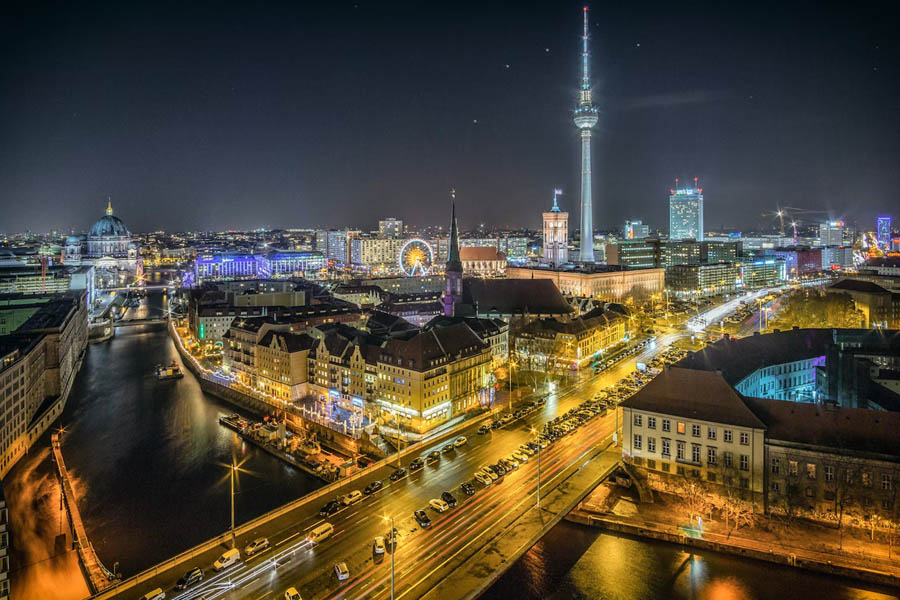
In recent weeks, Germany, known for its fiscal prudence, has found itself entangled in a fiscal crisis, triggered by the revered "debt brake" constitutional clause. This provision, limiting the country's budget deficit, has prompted the government to resort to unconventional measures, including special funds, to navigate the economic landscape. The constitutional court's ruling on the legality of a €60 billion ($66 billion) climate spending initiative has thrown the nation into chaos, with political squabbles and uncertainties surrounding future financing.
Despite Germany's enviable position with room to borrow, the political and legal hurdles surrounding the debt brake have paralyzed effective economic decision-making. Chancellor Olaf Scholz's promise to address the fiscal gaps using emergency clauses raises questions about the long-term sustainability of such measures. The consequences of this fiscal turmoil extend beyond Germany's borders, potentially impacting aid for Ukraine and hindering the country's ability to lead in geopolitical matters.
Navigating the Fiscal Maze: Economic Case vs. Political Hurdles
The peculiar aspect of Germany's fiscal predicament lies in its economic viability for investment. With public debts at 65% of GDP, well below the OECD average of 90%, the case for strategic investments in infrastructure and climate initiatives is compelling. However, political and legal obstacles hinder the implementation of such spending. Chancellor Scholz faces the challenge of reviewing current spending, cutting unnecessary expenditures, and safeguarding crucial investment spending.
One proposed solution involves creating a fund similar to the one established for the armed forces after Russia's invasion of Ukraine. This fund could permit long-term, debt-financed investments in infrastructure and climate projects. While this requires cooperation from both houses of parliament, including the opposition Christian Democrats, it represents a forward-looking approach to breaking the fiscal impasse.
Far-Right Movements in Europe: A Growing Transnational Threat
Beyond Germany's fiscal challenges, Europe grapples with the rising influence of far-right movements that transcend national borders. Recent events in the UK, Spain, and France underscore a concerning trend of far-right elements disrupting public demonstrations and exploiting various issues, including immigration, transgender rights, and Covid control measures. The transnational nature of these movements is facilitated by the open platform of Twitter, where extremist views find a receptive audience.
Elon Musk's involvement on Twitter has provided a significant boost to the far-right, with the platform becoming a haven for extremist ideologies. Musk's engagement with racist and antisemitic users has contributed to the platform's transformation into a space for recruiting, propagandizing, and raising funds for far-right causes. The impact is felt not only in online spaces but spills into real-world events, as seen in Dublin's recent violence.
A Dark Path Ahead: Mainstreaming Extremism
The failure to address far-right extremism online and offline has led to its mainstreaming in many European countries. Extreme ideas, once fringe, are breaching the cordon sanitaire, entering mainstream politics, and influencing electoral discourse. The rise of far-right movements in the Netherlands and the potential gains of the Alternative for Germany (AfD) in upcoming German elections signal a disturbing shift. It may be good too, who know so far. When people are desperate what they view. Time will tell everything.
The challenge ahead involves not only addressing fiscal hurdles in Germany but also tackling the growing influence of transnational far-right movements. Effective measures, both online and offline, are crucial to prevent the further normalization of extremist ideologies within European societies. The interplay between fiscal challenges and the rise of far-right movements underscores the complex landscape that Germany and Europe navigate in the present moment. People wellingness makes difference. Choice make difference from peoples in Europe.